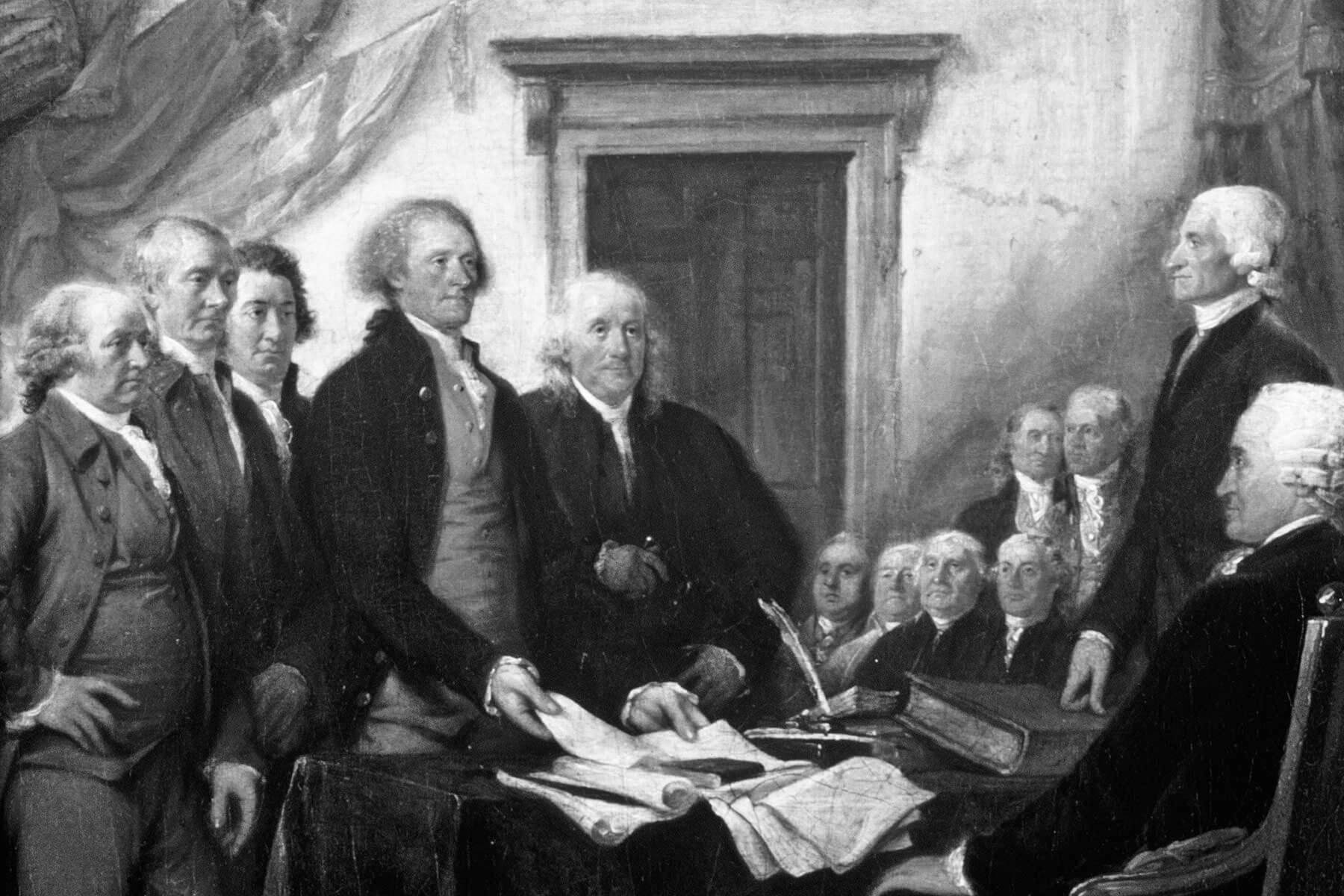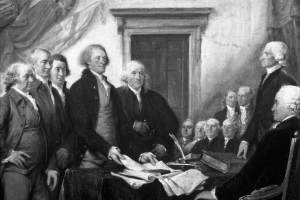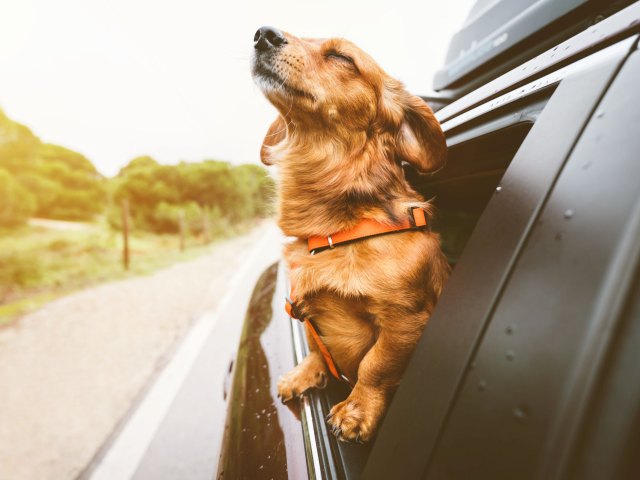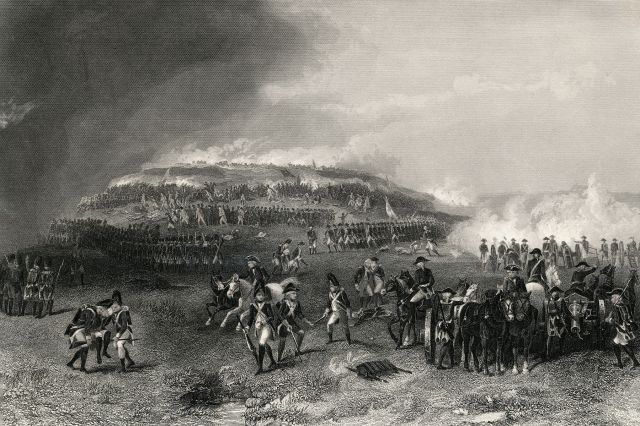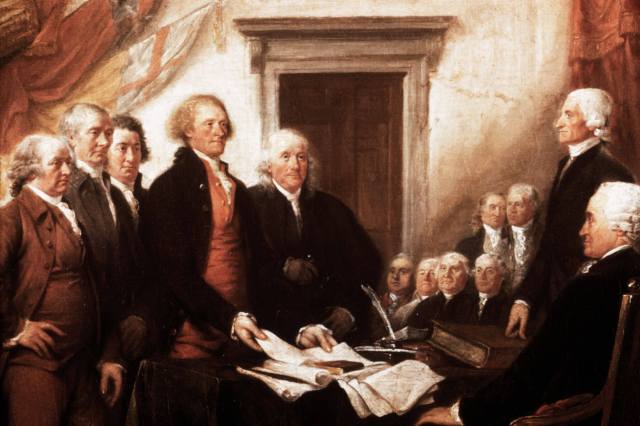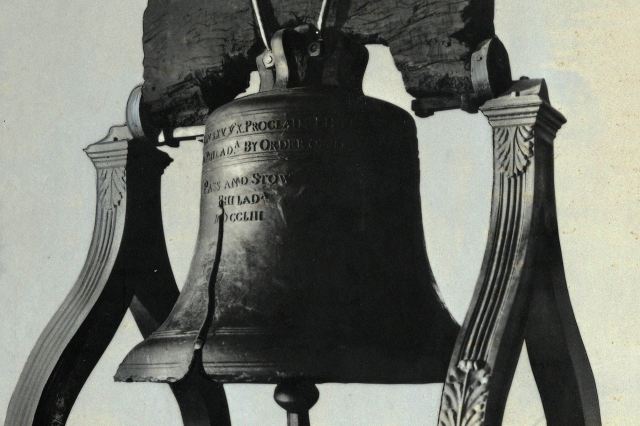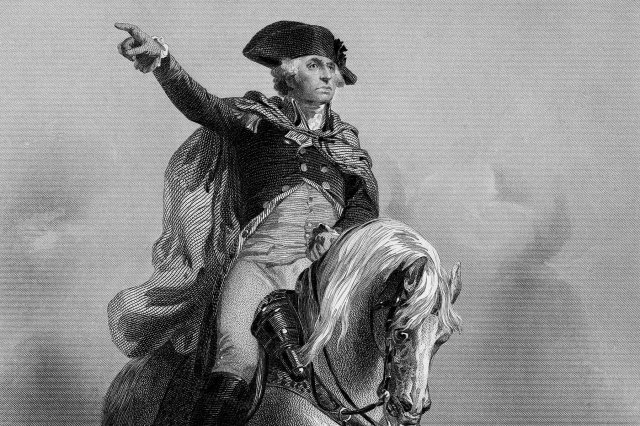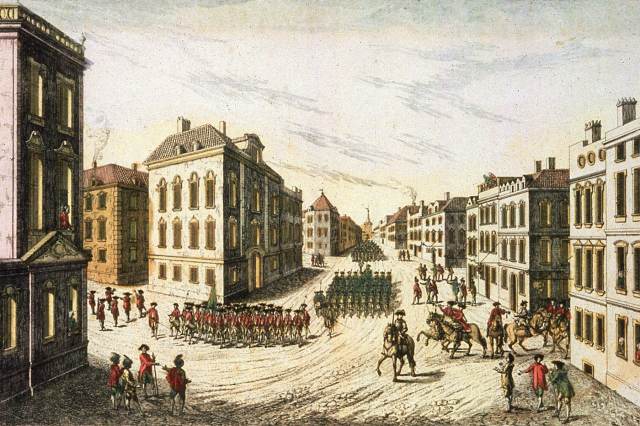7 Myths About the American Revolution
The American Revolution was one of the most significant conflicts of the 18th century. It not only led to the 13 original colonies gaining independence from Great Britain, but also helped establish democracy and representation as a path for governments around the world. Today, schools teach the famous events and figures from this chapter of American history year after year, from the rebellious Boston Tea Party to Paul Revere’s “midnight ride” to the “shot heard round the world” during the Revolutionary War. But the storied details of the nation’s founding aren’t always completely accurate, and there are plenty of myths that persist to this day.

Myth: The American Colonies Went to War Solely Over Taxes
The phrase “taxation without representation” is a popular and easy-to-remember slogan of the American Revolution, based on the argument laid out in Patrick Henry’s Virginia Resolves in 1765. Henry wrote a series of resolutions that were passed in Virginia’s House of Burgesses in response to the Stamp Act, which levied additional taxes on the British colonies in America. Though taxes were a major point of contention between the colonists and the British crown, they were not the sole reason for the conflict. Mounting tensions between American colonists and the British were also caused by disputes over land distribution — the British planned to reserve the western part of North America for Indigenous peoples, angering colonists with plans to expand outward.
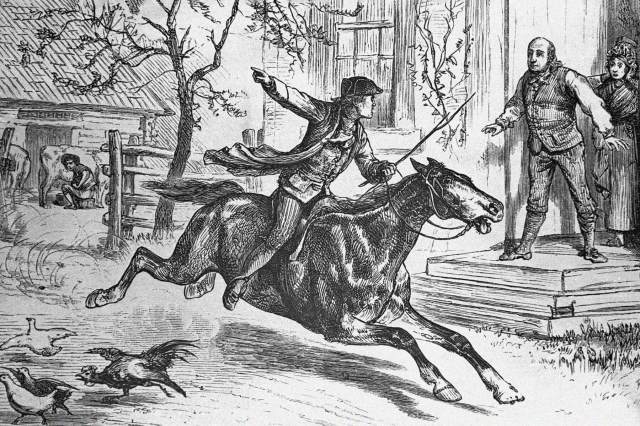
Myth: Paul Revere Was the Only Rider Who Warned About the British
Paul Revere’s “midnight ride” was immortalized by painter Grant Wood’s 1931 depiction of the event, “The Midnight Ride of Paul Revere,” which was inspired by Henry Wadsworth Longfellow’s 1860 poem “Paul Revere’s Ride.” While Revere did ride out the evening of April 18, 1775, to warn Sons of Liberty leaders Samuel Adams and John Hancock of the arrival of British troops, he wasn’t alone. Patriots William Dawes and Samuel Prescott also rode on different routes through the greater Boston area. All three riders were stopped by the British, but managed to escape and complete their task, warning the rebels that an attack was coming.





